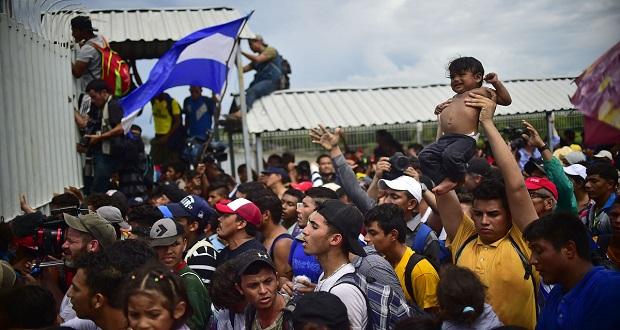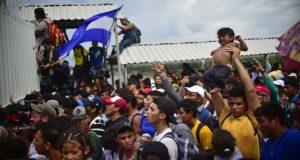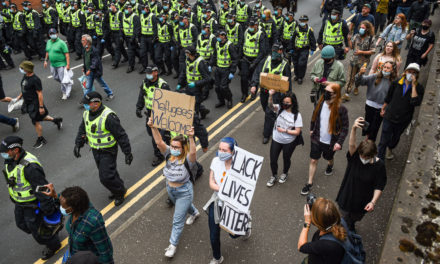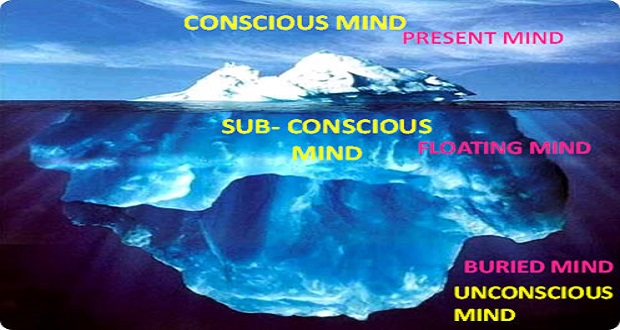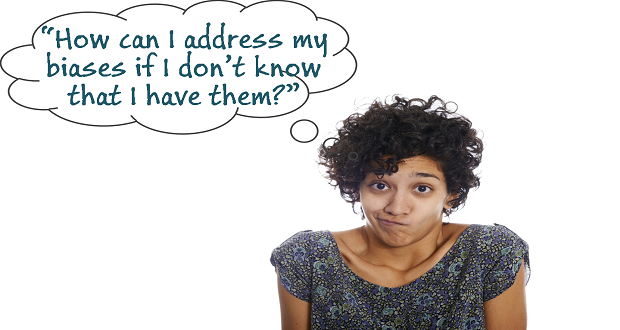Last week’s Buzz article presented a well-known practice, and for me, a spiritual practice, of “Loving Thy Neighbor.” The post reflected on what we can learn from Syrian refugee and restauranteur Yassin Terou, who won the #1 spot on the Top 10 List for the Nicest Place in America by establishing an inclusive, safe, and loving environment for his patrons. He and his family were given the opportunity to live a less perilous life here in the U.S. and have used the opportunity to make a positive impact on others amid new challenges and a new world.
For close to thirteen days, a caravan of Honduran refugees has been traveling—mostly by foot—from Honduras towards the United States looking for the same opportunity. Much of this caravan is currently in Mexico and has grown from 1,000 immigrants to 7,000, with more people continuing to join each day. They have left their country for various reasons. For many months now, Honduran residents from all cities have been hit with low employment, higher crime rates, and death threats from gang members, insisting residents pay them in exchange for their lives.
I believe the U.S. must open their doors to the Honduran refugees seeking asylum. We are still responsible for upholding The Refugee Act, which Congress adopted in 1980 “to bring the United States into line with its obligations to protect refugees under international law.” Under this Act, “The United States is obliged to provide protection to people fleeing persecution, including asylum seekers. These individuals are entitled to a screening interview to determine whether they have a credible fear of persecution.”
But beyond the law, we need to approach immigration like Yassin Terou approaches his restaurant, with open arms to all who need a space to feel safe. He is an example of how we need to be aware of and begin to deprogram the biases and stereotypes we have of our neighbors. We must not allow these biases—and our fears—to set limitations on what it means to be American and on the good that immigrants can bring to the U.S.
. . . we need to be aware of and begin to deprogram the biases and stereotypes we have of our neighbors. We must not allow these biases—and our fears—to set limitations on what it means to be American . . . Share on XI do hope the best for our Honduran neighbors – that they will find refuge and that those of us who were born citizens of countries where we feel safe will recognize what an advantage that is and work to see through the biases that keep us from welcoming those needing that safety. We have an obligation to them, and we also have an obligation to ourselves to not create false barriers that may get in the way of new opportunities for hope and inclusion.

